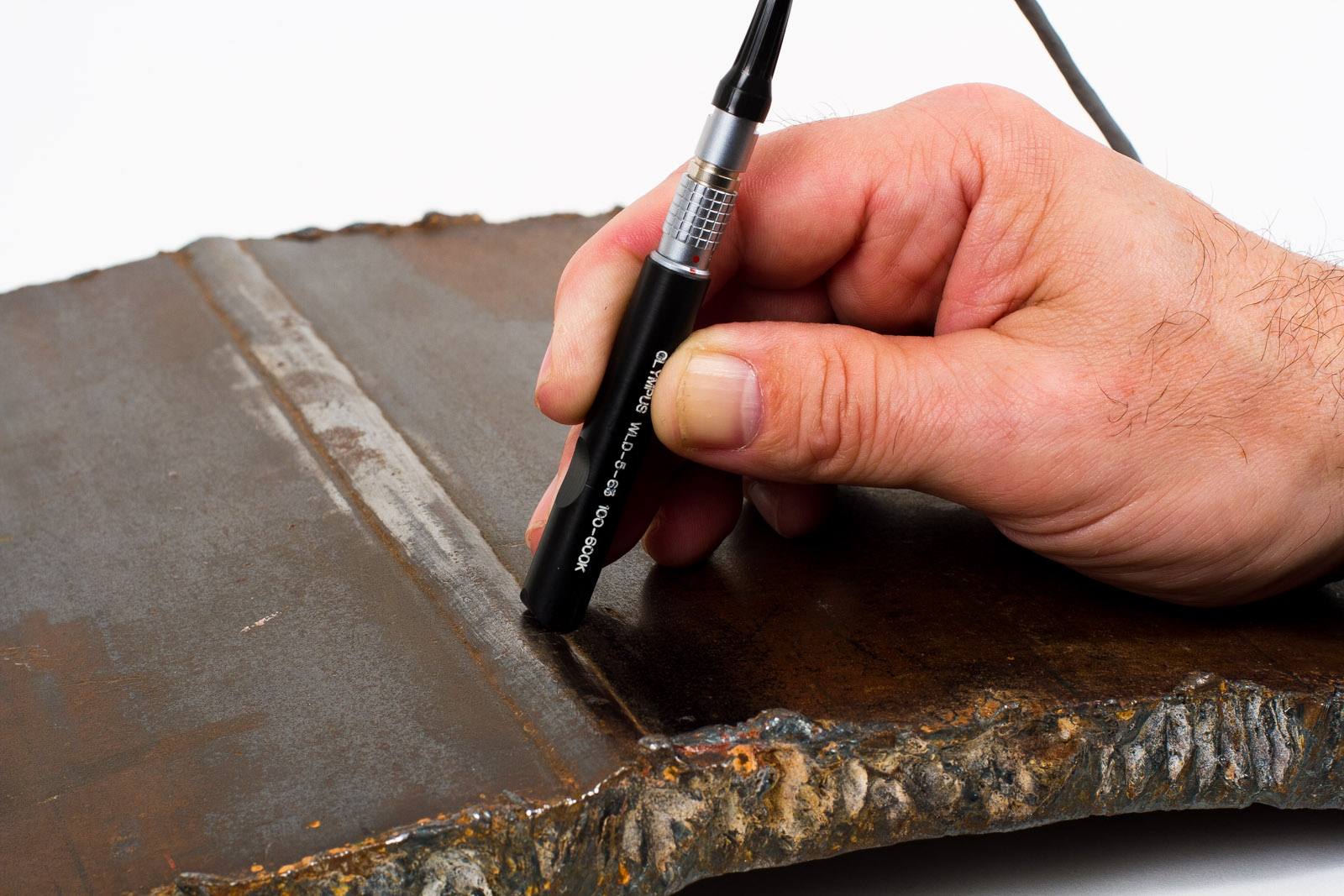A Comprehensive Overview to Welding Inspection Madison Specifications
A Comprehensive Overview to Welding Inspection Madison Specifications
Blog Article
The Value of Thorough Welding Inspection in Industrial Applications
In the realm of commercial applications, the value of meticulous welding inspection can not be overemphasized. As we discover the complex benefits of attentive welding evaluations, one should think about the wider ramifications on safety and security, reliability, and cost-effectiveness in industrial procedures.
Enhancing Architectural Honesty
When it concerns welding evaluation in commercial applications, improving architectural stability is vital. The key goal of welding evaluation is to ensure that the welds can bearing the expected loads and stresses they will come across in service. This entails an extensive examination of the welds' measurements, positioning, and overall quality, ensuring they satisfy the specified codes and criteria. Accurate evaluation techniques, such as visual evaluation, ultrasonic testing, and radiographic testing, are essential in determining problems that might jeopardize the framework's safety and security and functionality - Welding Inspection Madison.
The relevance of keeping architectural stability in bonded frameworks can not be overstated. Inadequately executed welds can bring about disastrous failures, resulting in pricey repair services, downtime, and even endangerment of human lives. Examiners play a crucial role in the lifecycle of commercial elements, providing assurance that the welding procedure delivers the wanted stamina and longevity.
Additionally, advanced innovations, such as phased array ultrasonic testing and electronic radiography, offer improved capacities in detecting potential weak points, permitting for corrective actions before issues escalate. By prioritizing the stability of welds through thorough assessment, industries can make certain functional effectiveness and extend the longevity of their framework.
Recognizing Welding Defects
Identifying welding flaws is a vital facet of making sure the security and dependability of welded structures. Typical welding problems consist of porosity, splits, insufficient blend, and damaging.

Skilled examiners use both visual evaluation and progressed non-destructive testing (NDT) methods, such as ultrasonic or radiographic screening, to identify these flaws. The timely recognition and correction of welding flaws are critical to keep the structural stability and long life of commercial elements.
Making Certain Compliance Requirements
Preserving the stability of bonded frameworks expands beyond determining issues; it needs adherence to rigorous compliance requirements. Compliance with well-known criteria, such as those given by the American Welding Society (AWS) and the International Company for Standardization (ISO), guarantees that welds meet minimal safety and security and high quality requirements. These criteria encompass a large range of standards, including product specs, welding treatments, and qualification of welders. Adherence to these requirements is essential to avoid architectural failings, which might lead to devastating consequences in industrial applications.
Normal audits and examinations are important in validating compliance. Examiners must have a detailed understanding of the appropriate criteria and be skilled at using numerous non-destructive testing (NDT) techniques to evaluate weld high quality. By ensuring that welding techniques line up with compliance standards, business mitigate the risk of non-conformity, which can lead to legal liabilities and security risks.
In addition, preserving compliance not just safeguards structural stability yet likewise enhances a company's track record in the sector. Stakeholders and customers are most likely to trust firms that consistently demonstrate a dedication to top quality and security via rigorous compliance. Therefore, making sure conformity criteria is an important element in the effective application of welding in commercial applications.
Decreasing Maintenance Costs

The application of sophisticated non-destructive screening (NDT) techniques, including ultrasonic, radiographic, and magnetic particle assessments, boosts the capability to useful link discover subsurface problems without compromising the structural honesty of components. By employing these techniques, sectors can considerably expand the service life of their devices, lowering downtime and the connected monetary problem of upkeep tasks.
In addition, a robust welding assessment routine sustains the optimization of upkeep routines, moving from reactive to predictive maintenance techniques. This proactive approach not just reduces unanticipated failings yet also simplifies resource appropriation, making certain that upkeep efforts are concentrated and effective. Ultimately, the investment in rigorous welding evaluation is countered by the considerable savings understood with decreased upkeep demands, contributing positively to the total operational performance of commercial ventures.
Improving Security Measures
Welding inspection plays a vital duty in this context, as it makes certain that all joints and connections satisfy strict safety and security standards. Comprehensive examinations help determine defects such as fractures, porosity, or insufficient combination that might jeopardize structural stability.
Techniques like ultrasonic screening, radiographic testing, and magnetic fragment inspection enable for comprehensive assessment without damaging the framework. Applying a durable high quality control system that includes normal training for examiners and welders guarantees adherence to developed security criteria.
Last but not least, cultivating a society of safety and security within the organization highlights the importance of detailed welding assessments. investigate this site Motivating open interaction and cooperation amongst welders, assessors, and designers contributes to a shared commitment to security quality. Welding Inspection Madison. In doing so, markets can guard their procedures, safeguard workers, and preserve public depend on

Final Thought
Complete welding evaluation is indispensable in commercial applications, significantly boosting structural honesty and reliability. Eventually, the persistent implementation of welding official website evaluations plays a critical function in keeping operational effectiveness and safety in industrial setups.
As we explore the diverse advantages of persistent welding assessments, one must think about the more comprehensive implications on security, integrity, and cost-effectiveness in commercial procedures.
The key goal of welding inspection is to make certain that the welds are qualified of bearing the anticipated lots and anxieties they will certainly run into in solution. Efficient welding assessment plays an essential function in decreasing these prices by ensuring the stability and long life of welds, thus mitigating the risk of premature failings.Detailed welding assessment is essential in commercial applications, substantially enhancing architectural stability and integrity. Inevitably, the attentive execution of welding examinations plays an essential role in preserving operational efficiency and security in commercial setups.
Report this page